Twenty-seven senior leaders from 23 locations participated in the Transnational Security Cooperation course (TSC) 18-2 from Nov. 4-9 at the Daniel K. Inouye Asia-Pacific Center for Security Studies (DKI APCSS).
The course manager was Dr. Scott Hauger and the course coordinator was Prof. Elina Noor.
The course is offered twice a year to senior security practitioners from the whole-of-government and society at the vice-minister, ambassador, and senior military officer (one- to four-star rank) level. It aims to enhance awareness of transnational security issues within the complex environments they occur; explore collaborative policies to address transnational security challenges; identify opportunities to strengthen states’ capacities; and promote effective security governance.
“What I found particularly valuable about this experience and quite enjoyable is the interactive nature of the course, and that’s not by accident,” explained Karena Lyons, Consul General Ambassador, New Zealand Consulate-General, Honolulu, New Zealand Ministry of Foreign Affairs and Trade. “The way the course is structured means that it entrenches interaction and therefore I get the benefit of learning a lot from my colleagues.
“APCSS has been quite selective in terms of who it allows to enter the course, so when I look around me, I’m sitting next to Nepal’s Secretary of the ministry of defense and Sri Lanka’s senior assistant secretary to the ministry of defense, I’m sitting next to a lieutenant general and next to him is a major general – from all over the region. So there’s a real richness to the discussion in terms of seniority of experience and the insight that provides, and also the myriad of cultural backgrounds and the different perspectives that come from that. Plus, it’s fun.”
TSC 18-2 examined the nexus between traditional and non-traditional elements of security to highlight the importance of a broader understanding of security. The blended approach of plenary lectures, elective presentations and an interactive gaming simulation kept these senior leaders actively from around the Indo-Pacific region engaged in a shared learning experience throughout the week.
As in all DKI APCSS courses, each Fellow walked away from their experience with a different perspective of the course.
“What I found really unique here is two things, firstly, it’s the way the course is structured and the compactness in the storyline that follows throughout the week,” said Rear Adm. Christopher John Smallhorn, Commander Fleet Air Arm, Fleet Air Arm, Royal Australian Navy. So, we’ve gone from talking at the geopolitical level, we’ve then honed down into a few of those touchstones that we know are highly important to us, not just at the Indo-Pacific level, but frankly at a global level such as climate change and environment, economic stresses and challenges.
And then, we’ve been able to hone down even further to the point of looking at specific countries and specific strategies that are perhaps being followed by some countries in the Indo and Asia and Pacific regions,” Smallhorn continued. “But then also of course, open back up again and started to ask those questions about ‘What is a security challenge?’ How does it affect us as a whole group?’ We’ve looked at the regional security architecture. So, you’re allowed us the opportunity to look through multiple lenses, to understand the transnational security dilemmas. I think that to be able to achieve that in the timeframe that we achieve it, culminating of course in a challenging exercise, is a pretty impressive effort.
TSC is one of five formal courses at DKI APCSS. The Center is a Department of Defense institution that addresses regional and global security issues. Military and civilian representatives, mostly from the Indo-Pacific nations, participate in a comprehensive program of executive education, professional exchanges and outreach events, both in Hawaii and throughout the Indo-Pacific region.
The Center supports U.S. Indo-Pacific Command by developing and sustaining relationships among security practitioners and national security establishments throughout the region. DKI APCSS’ mission is to build capacities and communities of interest by educating, connecting and empowering security practitioners to advance Indo-Pacific security. It is one of the Department of Defense’s five regional security studies centers.
Since opening in 1995, more than 12,147 alumni representing over 135 countries and territories have attended DKI APCSS courses and workshops.


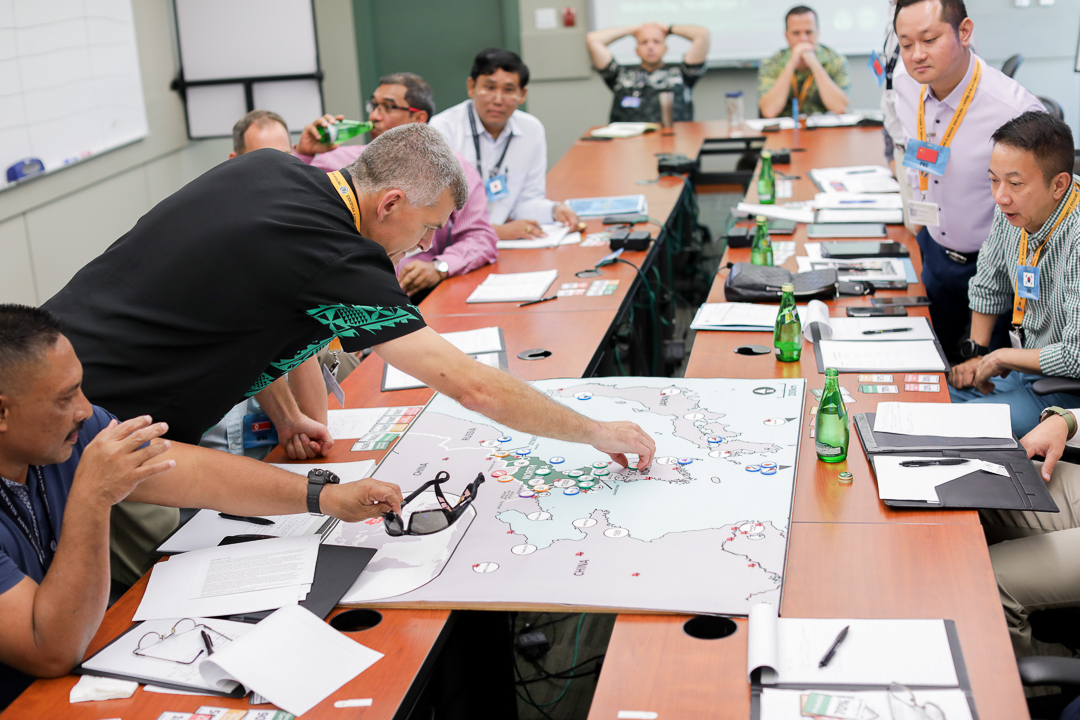
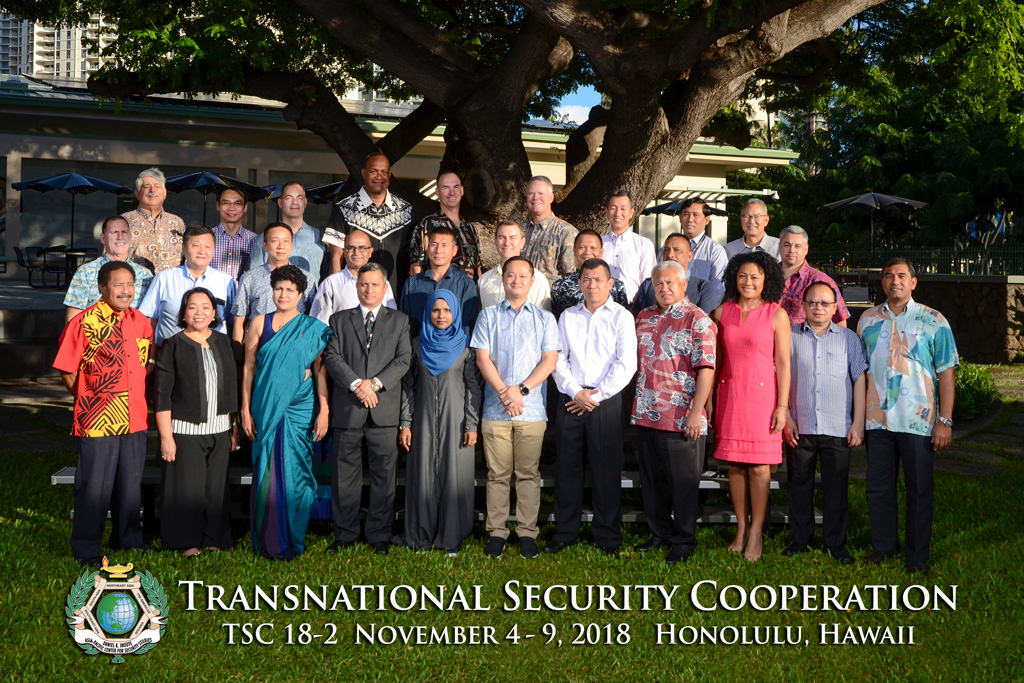
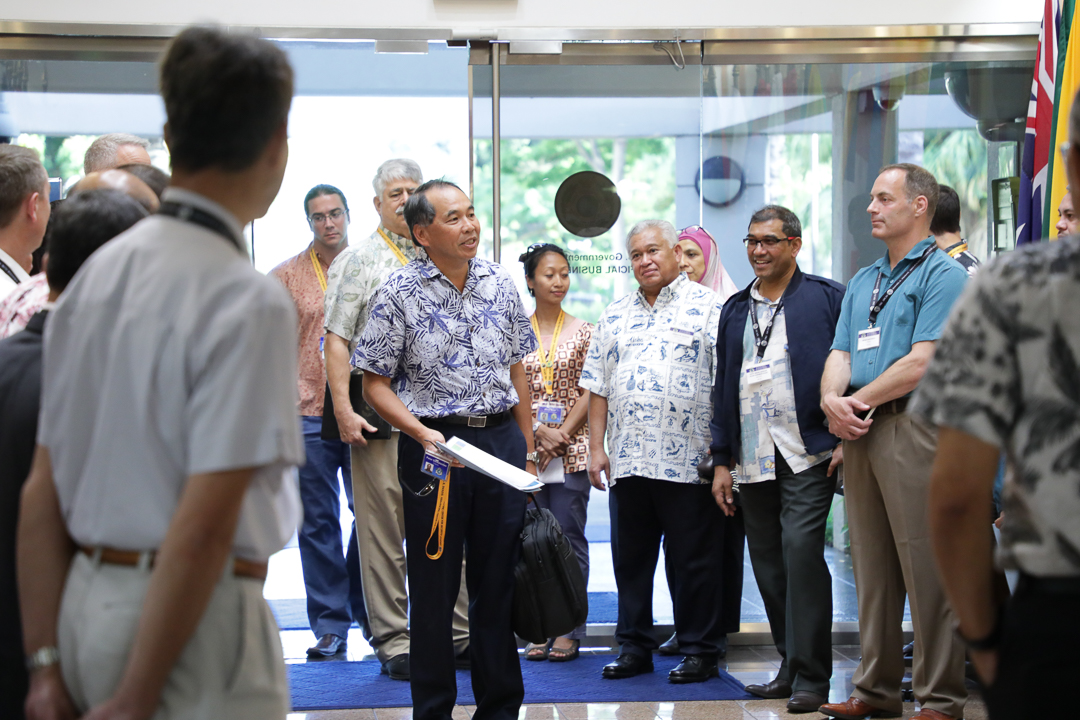
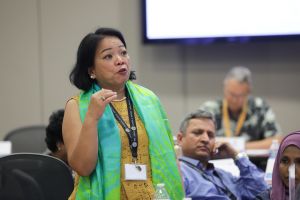
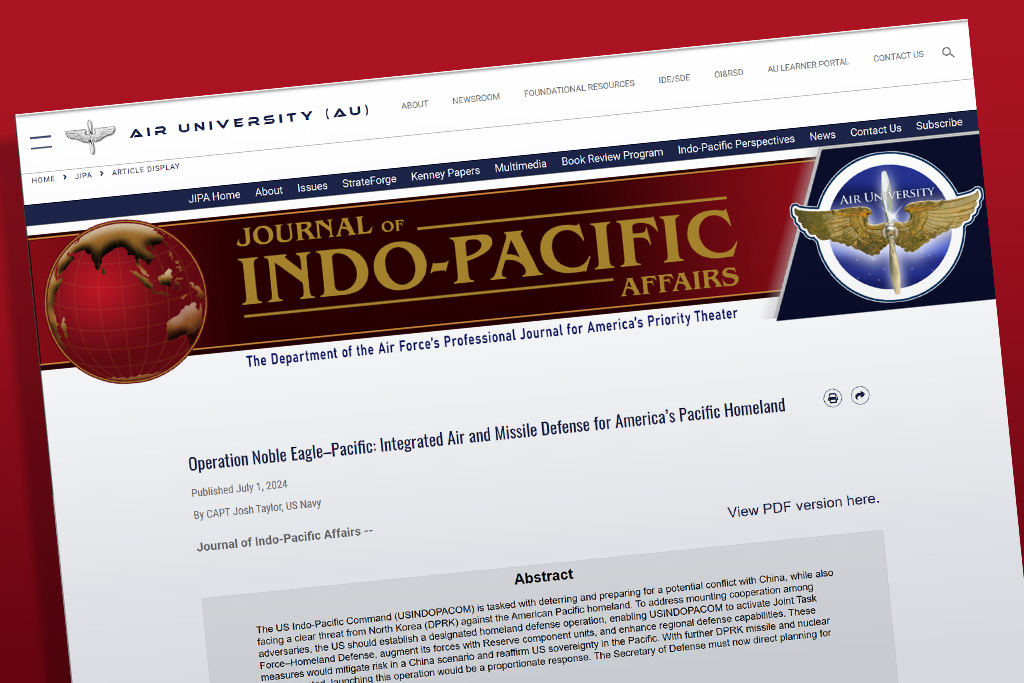
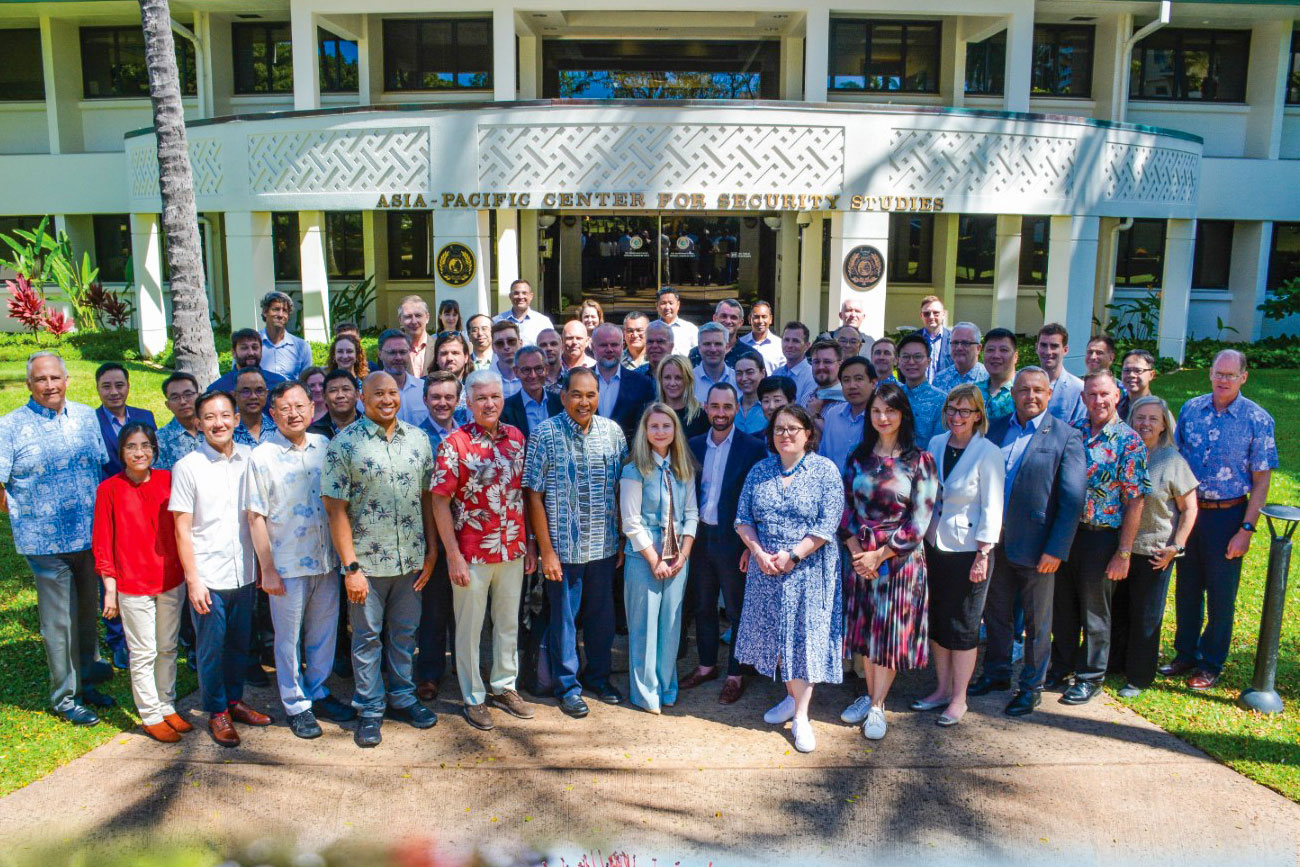
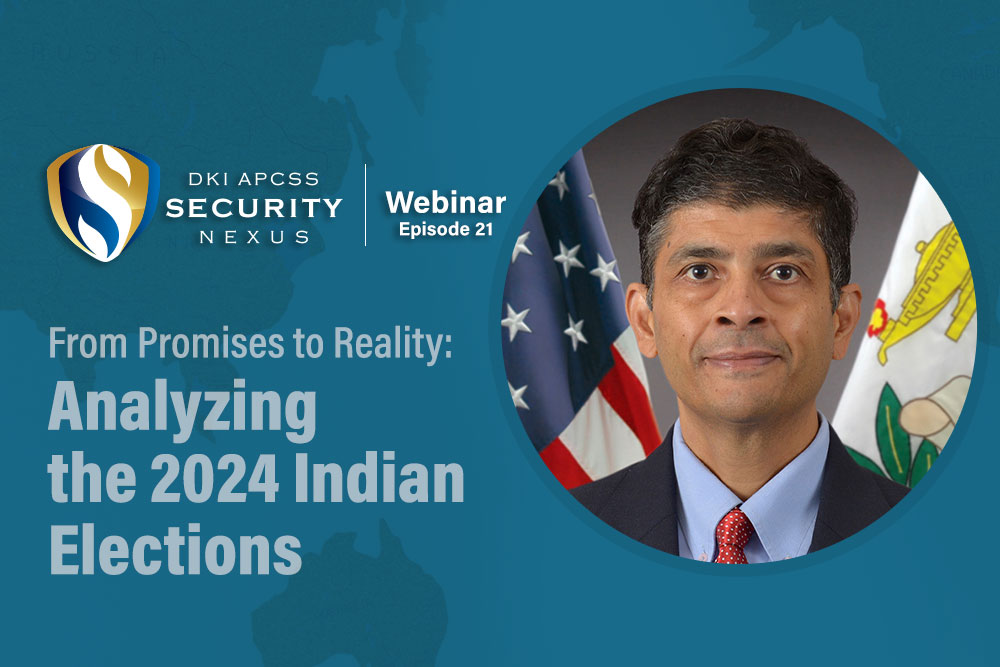




Leave A Comment